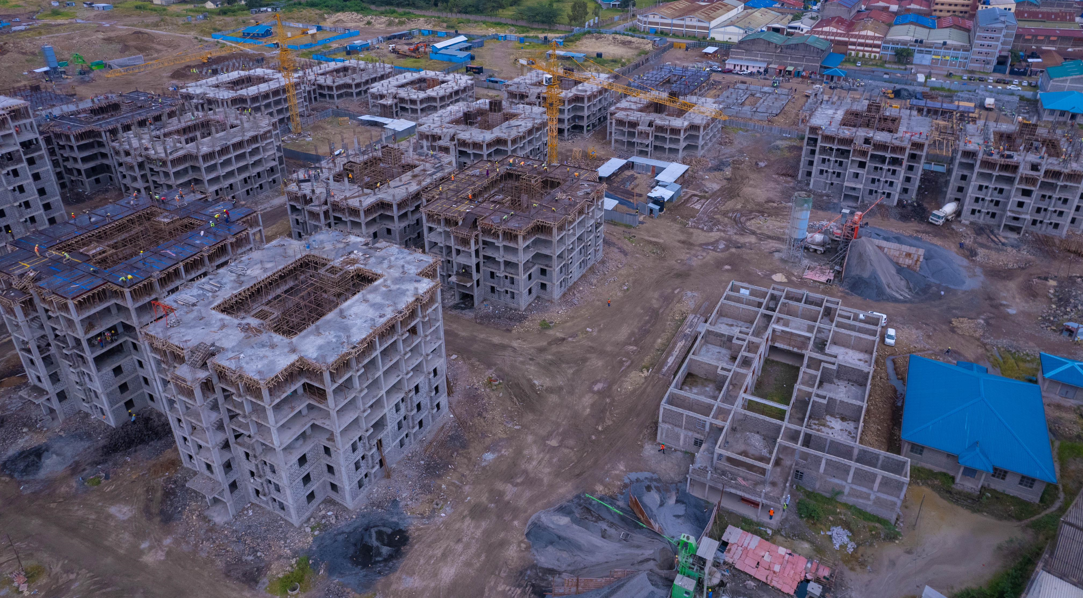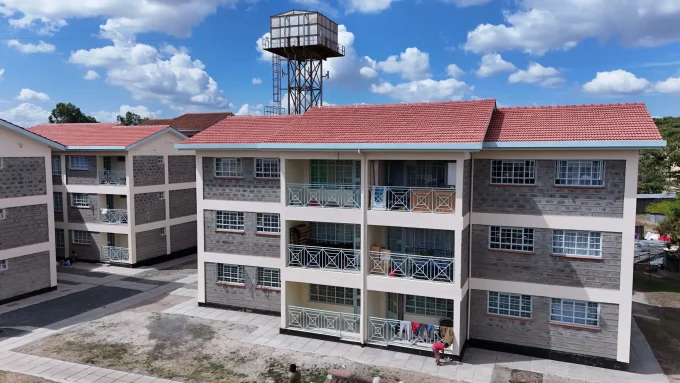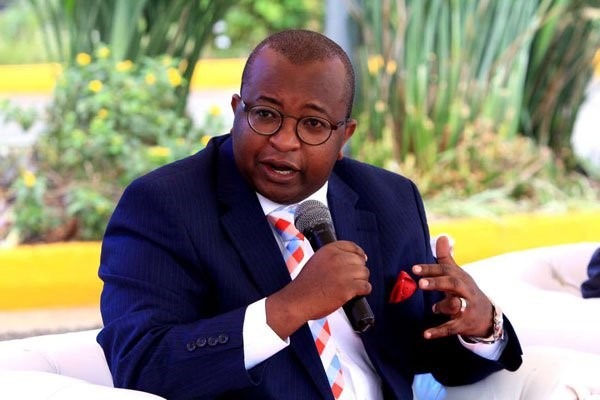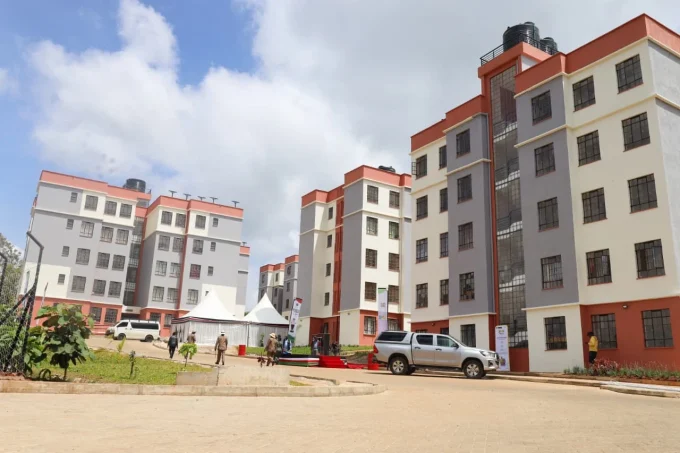Over Ksh4.4 billion has been ring-fenced for the Jua Kali and Micro, Small, and Medium Enterprises (MSMEs) in the ongoing Affordable Housing Programme projects in the country.
This was announced by Government Spokesperson Isaac Mwaura on Thursday, September 5, 2024.
According to Mwaura, will be paid to these MSMEs to construct, among other items, steel doors, windows, balustrades and curtain rods, and provide landscaping services to enable them to earn a livelihood.
In what would be a booster to local manufacturers and hustlers working therein, the State Department for Housing and Settlement has identified over 169 components that can be made locally.
“The State Department for Housing and Settlement has engaged the Kenya Association of Manufacturers (KAM) within a framework where they will supply interior furnishing items, such as tiles, directly to spur growth in the sector and promote the “Buy Kenya Build Kenya” initiative. At the same time, the State Department has established a working relationship with artisans in the Jua Kali sector, who are organized in groups and associations, to supply doors and windows for housing projects,” Mwaura stated.
The government has launched an escalated construction program that aims to increase the number of plumbers, masons, carpenters, and other assorted casual jobs on construction sites by over 50,000 opportunities.
It is also expected that over 10,000 professional interns will be hired in the next year, starting with 3,360 who will join the ongoing projects in the coming weeks. Under this program, young university graduates will be hired through a job placement program.
In a bid to eradicate slums while simultaneously providing a decent and dignified home for Kenyans of all walks of life, the government has a target of constructing 250,000 affordable housing units annually to address urban and rural housing shortages.
“More than 60 per cent of urban Kenyans live in slums and other low-quality housing without adequate sanitation, undermining their dignity and exposing them to health hazards. This is attributable to the country’s rapid urbanization rate, which oscillates at 4.4 per cent, translating to an equivalent of 500,000 new city dwellers a year, making housing supply a challenge and a moving target for the Government,” Mwaura said.
According to the government, the Affordable Housing Programme will create quality jobs directly in the construction sector for the approximately 100,000 young people who graduate from TVETs every year, and indirectly through the production of building products.
“This commitment seeks to increase the supply of new housing to 250,000 per annum and change the percentage of affordable housing supply from the prevailing 2 per cent to 50 per cent by structuring affordable long-term housing finance schemes, including a National Housing Fund and Cooperative Social Housing Schemes, to guarantee the offtake of houses from developers,” Mwaura says.
“It further aims at strengthening the Jua Kali industry’s capacity to produce high-quality construction materials while giving developers incentives to build more affordable housing units.”
The country harbours more than 1,100 informal settlements, with 65 per cent of Kenyans in urban areas living in slums. Additionally, many of them live in rentals not by choice but because they cannot afford to own a home.
Currently, an estimated 160,000 youth and women are employed in ongoing projects across the country.
“The target is to create over 1 million jobs through the Affordable Housing Program for plumbers, electricians, masons, and stone cutters at the quarry, and across the building and construction industry as the Government continues to roll out this initiative,” Mwaura adds.
Cumulatively, there are about 100,000 housing units at various stages of construction across the country. An additional 700,000 housing units are in the pipeline, including 40,299 social housing units advertised on June 25, 2024, by the State Department for Housing and Urban Development. These units will also benefit residents who were relocated from flood-prone areas along the Nairobi River.
So far out of the 24 ongoing AHP projects, 539,623 registered members of the public have saved a total of Ksh2,274,456,214.
A total of 6,411 houses have been booked to date.
Read: Ksh5.7Bn Lumumba Affordable Housing Project To Be A Game Changer For Kisumu City
>>> On The Road To 1 Million Jobs: How Affordable Housing Is Changing Lives, Mukuru Case Study













Leave a comment